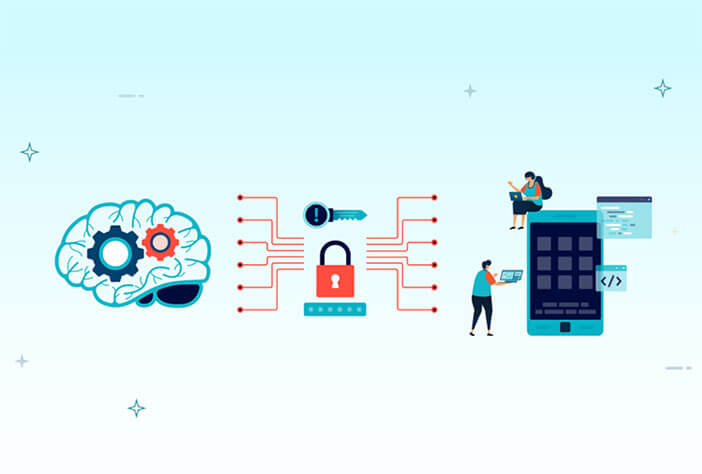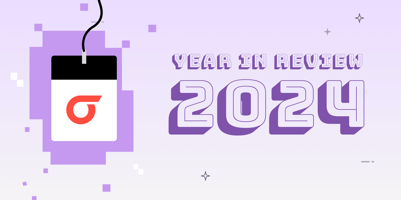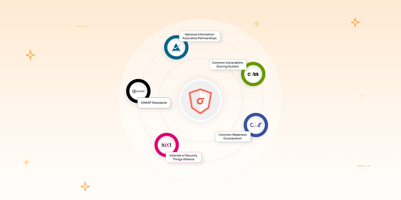BLOG
Artificial Intelligence is reshaping how we interact with technology, from virtual assistants to advanced search engines. However...
Discover how generative AI is changing the application security landscape and how you can turn it into an ally to solidify your security framework...
As per Statista, mobile apps are estimated to generate over $935 billion in revenue in 2024
Featured blogs
Expert insights on navigating application security challenges
While SDLC ensures development efficiency & monitors time and budget constraints, SSDLC integrates security at each step.
"In an era where the scope and meaning of cyber hygiene are constantly shifting...
Artificial Intelligence is reshaping how we interact with technology, from virtual assistants to advanced search engines.
Explore our blogs
BLOG
Importance of Continuous App Store Monitoring | ...
BLOG
The Hidden Cost of Mobile App Security Gaps: ...
BLOG
Top Challenges in Mobile Application Security ...
BLOG
Reflections on 2024: Building what truly matters ...
BLOG
Top Mobile App Security Standards to Follow in ...
Subscribe now for growth-boosting insights from Appknox
We have so many ideas for new features that can help your mobile app security even more efficiently. We promise you that we wont mail bomb you, just once in a month.

.jpg?width=702&height=474&name=Is-the-Deepseek-Android-App-Safe_-Appknox-Finds-Major-Security-Risks%20(1).jpg)







